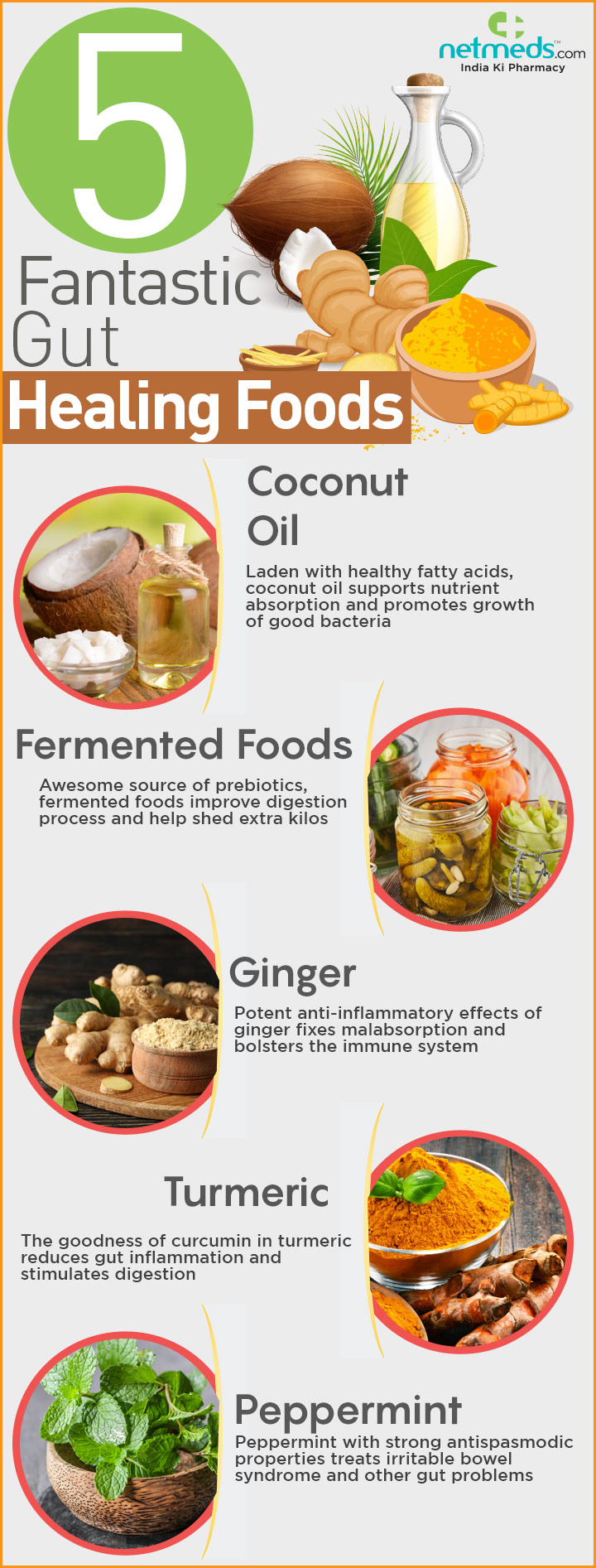Prebiotics play a crucial role in enhancing digestive health by promoting the growth of beneficial bacteria in the gut. We will explore the significance of prebiotics and how they support a healthy digestive system.
Having a well-functioning digestive system is essential for overall health and well-being. The digestive system plays a vital role in breaking down food, absorbing nutrients, and eliminating waste. However, maintaining a healthy digestive system can be a delicate balance. This is where prebiotics come into play.
Prebiotics are a type of dietary fiber that our bodies cannot digest. Instead, they serve as fuel for the beneficial bacteria in our gut, known as probiotics. By providing nourishment to these probiotics, prebiotics help them thrive and multiply. This, in turn, leads to a healthier and more diverse gut microbiome, which has been linked to numerous health benefits, including improved digestion, enhanced immune function, and even better mental well-being. Prebiotics are essential for digestive health as they support the growth of beneficial gut bacteria. By incorporating prebiotic-rich foods into our diet, we can promote a healthy digestive system and reap the numerous benefits associated with it.

Credit: www.amazon.com
Understanding The Role Of Prebiotics
Prebiotics play a crucial role in digestive health by fueling the growth of beneficial bacteria. They are non-digestible fibers that serve as food for the good bacteria in our gut. Unlike probiotics, which are live bacteria, prebiotics act as a source of nourishment for the existing bacteria in our digestive system.
By promoting the growth of these beneficial bacteria, prebiotics help maintain a healthy gut microbiome. They aid in improving digestion, boosting nutrient absorption, and enhancing immune function. Consuming prebiotics can also help prevent digestive disorders such as constipation, irritable bowel syndrome (ibs), and inflammatory bowel disease (ibd).
Incorporating prebiotic-rich foods, such as garlic, onions, bananas, and asparagus, into your diet can support digestive health and overall well-being. Understanding the role and importance of prebiotics is vital for maintaining a healthy gut and promoting optimal digestion.
Types Of Prebiotic Foods
Incorporating prebiotic foods into your diet is crucial for maintaining digestive health. By consuming a variety of prebiotic-rich foods, you can support the growth of beneficial bacteria in your gut. These bacteria play a significant role in promoting a healthy digestive system.
There are various types of prebiotic foods that you can include in your daily meals. Examples of prebiotic-rich foods include onions, garlic, bananas, oats, apples, and asparagus. These foods contain high levels of dietary fibers that cannot be digested by the human body, but they act as food for the beneficial bacteria in your gut.
By including these foods in your diet, you can improve your digestion, enhance nutrient absorption, and boost your overall gut health. So, start incorporating prebiotic foods today and experience the numerous benefits they offer for your digestive system.
Advantages Of Prebiotics For Digestion
Prebiotics play a crucial role in promoting healthy digestion by aiding nutrient absorption and ensuring regular bowel movements. These specialized fibers act as food for beneficial gut bacteria, nourishing their growth and activity. By enhancing the growth of good bacteria, prebiotics help maintain a balance of microorganisms in the gut, which can positively impact digestion.
With a thriving population of beneficial bacteria, the digestive system can more effectively break down food, extract essential nutrients, and eliminate waste. This improved nutrient absorption can support overall digestive health and contribute to better overall well-being. Additionally, prebiotics can enhance bowel movements by increasing the frequency and consistency of stools, promoting regularity.
By understanding the advantages of prebiotics for digestion, individuals can make informed choices to support their gut health and overall wellness.
Managing Digestive Disorders With Prebiotics
Prebiotics play a vital role in managing digestive disorders, including irritable bowel syndrome (ibs) and inflammatory bowel disease (ibd). These substances have the potential to alleviate the symptoms associated with ibs, such as bloating and abdominal pain. Furthermore, prebiotics have been observed to have a positive effect on ibd, reducing inflammation and promoting healthy gut function.
Research suggests that incorporating prebiotics into the diet can enhance the growth of beneficial gut bacteria, leading to improved digestive health. By nourishing these beneficial microbes, prebiotics help maintain a balanced gut microbiome, which is essential for overall gastrointestinal well-being.
Understanding the potential benefits of prebiotics in managing digestive disorders can provide individuals with alternative methods for achieving optimal digestive health without solely relying on traditional medications. Embracing the use of prebiotics as part of a comprehensive approach to digestive wellness may offer a promising path towards finding relief and promoting long-term gut health.
Prebiotics And Overall Health
Prebiotics play a crucial role in promoting digestive health and overall well-being. These beneficial substances are closely connected to the immune system, providing support and enhancing its function. Moreover, prebiotics have been linked to mental health, as they can positively influence mood and cognitive processes.
Additionally, research suggests that prebiotics may have a potential role in preventing chronic diseases, such as cardiovascular conditions and diabetes. Incorporating prebiotic-rich foods, like bananas, onions, and legumes, into your diet can help nourish the beneficial bacteria in your gut, leading to a healthier gut microbiome.
By prioritizing prebiotics, you can support not only digestive health but also bolster your body’s immune response, mental well-being, and defense against chronic diseases. Take charge of your health by embracing the power of prebiotics.
Incorporating Prebiotics Into Your Lifestyle
Incorporating prebiotics into your lifestyle can have a significant impact on your digestive health. Adding prebiotic supplements requires some precautions and considerations. Seeking professional advice can help you receive personalized recommendations for the right prebiotics to suit your needs. When incorporating prebiotics into your daily routine, here are a few tips to keep in mind: start by including prebiotic-rich foods such as bananas, onions, and garlic.
Gradually increase your intake to allow your body to adjust. Consider incorporating prebiotics in your breakfast by adding oats or yogurt. Experiment with different prebiotic sources to diversify your gut microbiome. Remember to stay consistent and give your body time to adapt to the changes.
By making these simple adjustments, you can enjoy the benefits of prebiotics for a healthier digestive system.
Conclusion And Takeaway
Prebiotics play a crucial role in promoting digestive health and overall well-being. By consuming prebiotics, you can enhance gut function and maintain optimal gut health. Incorporating prebiotics into your diet should be encouraged to ensure a healthy gut. Recapitulating the importance of prebiotics for digestive health, it is evident that they are essential for supporting the growth of beneficial gut bacteria.
This, in turn, aids in improving digestion, nutrient absorption, and overall gut health. Therefore, making prebiotics a staple in your daily diet can have significant long-term benefits for your digestive system.
Conclusion
Adding prebiotics to your diet can have a significant impact on your digestive health. These powerful fibers act as food for the beneficial bacteria in your gut, helping them thrive and maintain a healthy balance. By promoting the growth of these good bacteria, prebiotics can enhance digestion and absorption of nutrients, alleviate digestive issues like bloating and constipation, and even boost your immune system.
Incorporating prebiotic-rich foods into your meals, such as onions, garlic, bananas, and oats, is a simple yet effective way to support your gut health. Alternatively, you can also opt for prebiotic supplements to ensure you’re getting an adequate amount. Remember, a healthy gut is not only crucial for optimal digestion but also for overall well-being.
So, why not give prebiotics a try and give your gut the support it deserves? Embrace the power of prebiotics for a healthier digestive system.

